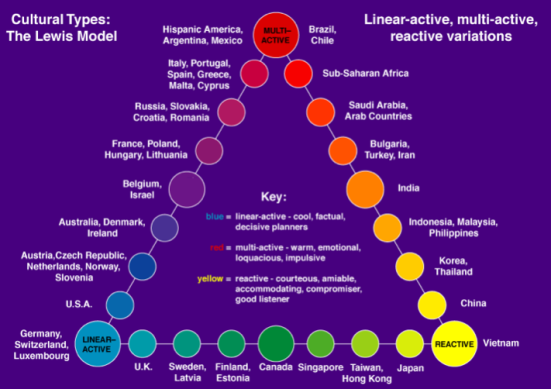Each one of us has a way in which we approach growth. This approach has huge consequences on your discipleship relationships. Let’s find yours using a couple of questions:
DO YOU CONSIDER YOURSELF MAINLY A THINKER, FEELER OR DOER?
Now before you say its situational and you strive to be balanced in all three, please know that all I’m looking for is the way you tend to be most of the time. Nobody is just one all of the time nor are they all three all of the time. If you’re really having trouble answering then imagine how people who know you well would answer for you.
Another way to ask is…
HOW DO YOU THINK PEOPLE GROW IN THE LORD? BY KNOWING, LOVING, OR OBEYING GOD MORE?
Again, we know all three are necessary and biblical. But many of us gravitate strongly towards one of these three in our our own growth and in our vision of disciple making.
Bible studies, workbooks, and conferences are some of the favorite tools of thinkers who assume there is a knowledge deficit that must be erased to move forward in growth. Long talks over coffee, transparent confessions, and meaningful worship and prayer times appeal to feelers who see growth in terms of relational intimacy. “I learn by doing” is a favorite phrase of the doers who would rather go out and feed the poor than sit down and read about why they should.
If you still need convincing that this is a real phenomenon in our faith then consider how different kinds of disciple making activities are labeled: “Discipleship Courses/Classes” or “Life on Life Discipleship” or “Obedience Based Discipleship.” All of these have a particular orientation towards either head, hand or heart without necessarily denying the importance of the other two, but the inclination is there.
NOT JUST WIRING
Sometimes our culture shapes this tendency in us. Western minds tend to be more information oriented. Obedience based approaches thrive in many Eastern cultures. Some cultures are warmer emotionally than others. The Lewis Model shows us how cultural backgrounds affect behavior patterns. 
Even denominations or particular churches can influence how we pursue growth. Some may value worship experiences over studies while others celebrate community service most of all.
The point here is that either through our wiring or cultural influence, we lean towards either head, hand, or heart approaches to growth. We should learn from Gary Chapman’s Five Love Languages that however you’re wired to receive love is also the way you tend to show it. In other words, however you think you mature spiritually is how you will attempt to lead others to grow.
“Great! So what?!” you may ask (especially you “doers” who are dying to stop reading about disciple making so you can go out and do it). Here are two questions that you need to think about:
WHAT IF THE PERSON YOU ARE DISCIPLING IS NOT WIRED THE SAME AS YOU?
Isn’t it up to them to fight off their tendencies to match your way of doing things? Read 1 Corinthians 9:19-23. With whom does Paul lay the responsibility of accommodating language and sensibilities? Be aware of your disciple’s wiring and adjust accordingly.
IS YOUR TENDENCY TOWARDS THINKING, FEELING OR DOING SO IMBALANCED THAT IT IS UNHEALTHY?
Take a good look at the time you spend with someone in disciple making and find the evidence that you are being balanced. If you’re spending 90 minutes reading Romans bracketed by an opening and closing prayer, you may need to balance out your approach. If doing life together only involves eating, drinking and playing and there is never a time to explore the truth in the Word, you may need to balance out your approach.
SO WHAT DOES THE BIBLE SAY
We know from both scripture and experience that God engages the whole self (head, hand and heart) and expects a whole self response.
“And you shall love the Lord your God with all your heart and with all your soul and with all your mind and with all your strength.”
-Mark 12:30
Our maturity in Christ is where our understanding, affections, and obedience align. Empty-hearted obedience is a lifeless ritual. Empty-headed love is infatuation. The Bible says that without works your faith is dead and obedience is the proof of love. It’s obvious God wants your head, hand and heart and maturity comes when all three are working together.
It’s a good idea to try to find Head/Hand/Heart tendencies in yourself, the people around you, your church and your culture and then ask yourself how will they affect your disciple making efforts?



Hi to every one, the contents present at this
web page are really amazing for people knowledge,
well, keep up the good work fellows.
LikeLike